Fixing Leaks Under Kitchen and Bathroom Sinks
Leaks under sinks in the kitchen and bathroom are common but often overlooked plumbing issues. If not addressed, these leaks can lead to costly damage. Here's what causes these leaks, how to avoid them, how to check for them, and why hiring a licensed plumber is essential.
Common Causes of Leaks Under Sinks
Understanding the root causes of sink leaks can help you prevent them. Here are the most common reasons:
- Loose Connections: Over time, threaded connections on pipes and fittings can loosen due to vibrations or improper installation.
- Worn-Out Seals: Rubber gaskets or seals around sink drains and P-traps degrade over time, leading to leaks.
- Corrosion: Metal pipes are prone to rust, which weakens the material and creates leaks.
- Clogs: Blockages in your drain can cause water to back up, increasing pressure on joints and seals.
- Cracked Pipes or Fixtures: Physical damage, whether from wear or improper handling, can result in leaks.
How to Check for Leaks
Regularly checking for leaks under your sinks can save you from significant damage. Here's how:
- Visual Inspection: Look for water stains, discoloration, or visible water pooling under your sink.
- Feel for Moisture: Run your hands along the pipes and fittings to detect dampness.
- Use Paper Towels: Place a dry paper towel under pipes and run the water. Wet spots on the towel indicate leaks.
- Check Your Water Bill: A sudden increase in water usage might signal a hidden leak.
How to Prevent Sink Leaks
- Regularly inspect and tighten connections.
- Replace worn-out seals and gaskets before they fail.
- Avoid harsh chemical drain cleaners that can corrode pipes.
- Don’t overload cabinets under sinks, as this can stress the pipes.
- Address clogs promptly to reduce pressure on your plumbing system.
Why Hire a Licensed Plumber?
While DIY repairs or hiring a handyman might seem like cost-effective solutions, they often lead to bigger issues down the road. Here's why a licensed plumber is your best choice:
- Expertise: Licensed plumbers have the training to diagnose and repair leaks correctly.
- Code Compliance: They ensure all work adheres to plumbing codes, protecting your home and health.
- Quality Materials: Professionals use durable, high-quality parts that minimize future issues.
- Warranty Protection: Many warranties require professional installation and repairs to remain valid.
- Liability Coverage: Licensed plumbers carry insurance, protecting you if something goes wrong during the repair.
The Risks of Using the Wrong Parts
Using incorrect or low-quality parts can have serious consequences:
- Increased risk of leaks due to improper fit or material failure.
- Potential health hazards from materials that contaminate the water supply.
- Denied insurance claims if non-compliant repairs cause damage.
Conclusion
Leaks under sinks may seem like minor issues, but they can lead to costly repairs if not handled properly. By understanding the causes, regularly checking for leaks, and hiring a licensed plumber for repairs, you can protect your home, your health, and your wallet.

